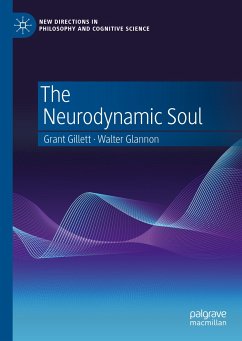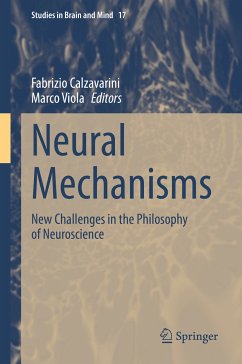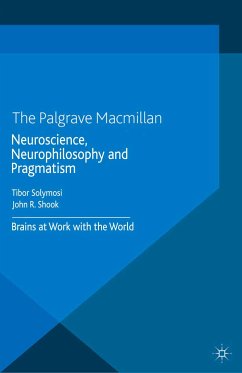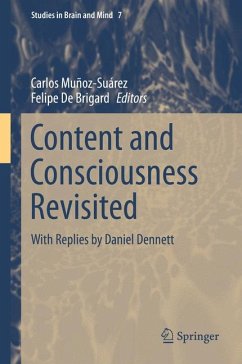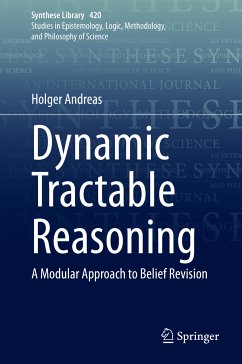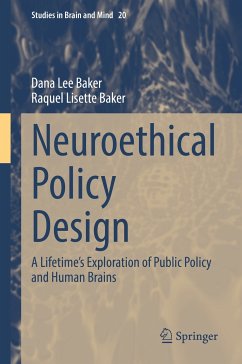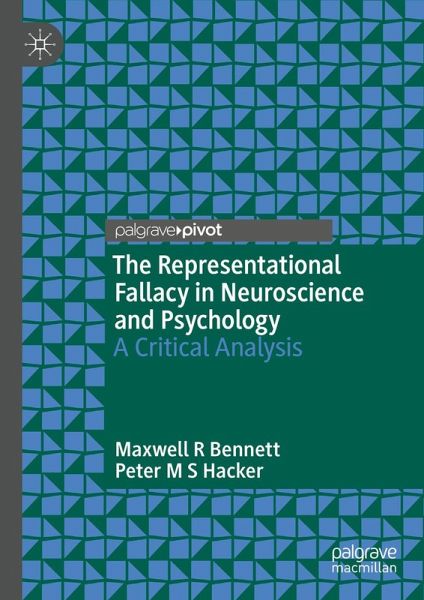
The Representational Fallacy in Neuroscience and Psychology (eBook, PDF)
A Critical Analysis

PAYBACK Punkte
14 °P sammeln!
This book traces the history and coherence of the use of the word 'representations' from its origins, particularly in the description of artefacts, to its use in the description of so-called mental and neural representations in the mind and in the brain. It is shown that there are no good reasons for this transition. Experimental psychology is confused in taking what one perceives to be a mental representation. Neuroscientists need to avoid moving readily between the notions of neural and mental representations; indeed even the logic of taking a pattern of neural activity as standing for some ...
This book traces the history and coherence of the use of the word 'representations' from its origins, particularly in the description of artefacts, to its use in the description of so-called mental and neural representations in the mind and in the brain. It is shown that there are no good reasons for this transition. Experimental psychology is confused in taking what one perceives to be a mental representation. Neuroscientists need to avoid moving readily between the notions of neural and mental representations; indeed even the logic of taking a pattern of neural activity as standing for some sensibly experienced characteristic requires elucidation. It is concluded that the word 'representation' when used in experimental psychology and cognitive neuroscience is confounding.
Dieser Download kann aus rechtlichen Gründen nur mit Rechnungsadresse in A, B, BG, CY, CZ, D, DK, EW, E, FIN, F, GR, HR, H, IRL, I, LT, L, LR, M, NL, PL, P, R, S, SLO, SK ausgeliefert werden.



